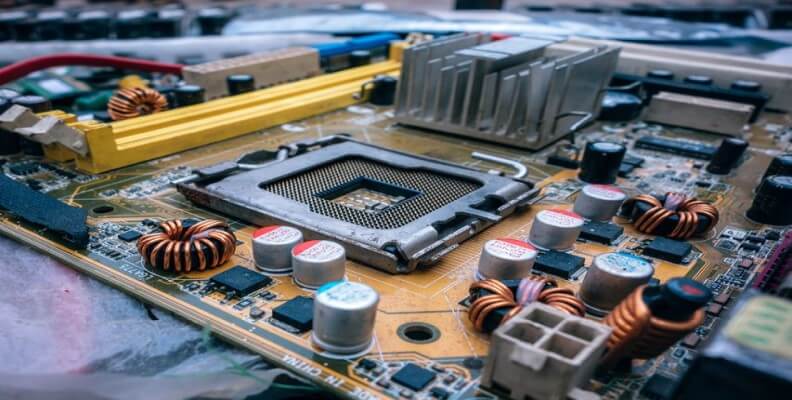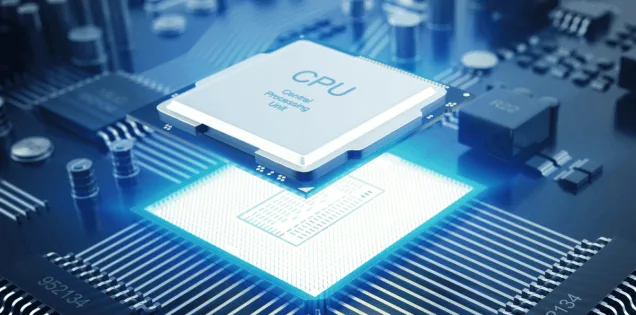You can buy a PC. Simply head down to Best Buy or Walmart, purchase one, set it up, and start gaming, working, or whatever it is you want to do. This is great, but many PCs are not customized to specific needs. For instance, gamers like to have features and functionality that can only be built. Click here for the best price.
If you need more than what a standard PC serves up, then building a custom PC may be worth considering. However, building your first PC can be a bit challenging. Even if you have some basic PC inner working knowledge.
For one, you need to know where to get parts for your build. For example, electrical components can be purchased online from sites like Octopart. You also need to know what components you’ll need to customize your PC.
Ready to get the most from a customized computer? From gamers to designers, let’s take a look at seven essential beginner PC build tips.
Table of Contents
Here is The Beginner PC Build Tips
1. First, Know Why You’re Building A PC
This is the most important part of building a PC if you’re a beginner. You really need to know the reason behind the build in order to make it happen. Do you want to build the ultimate gaming computer? Are you launching a web design or software developer business?
The type of computer you want will directly impact the electrical components, software, add-ons, and more you will need. You will also need to consider all of this to do a price comparison to meet your budget.
2. What CPU Will You Choose?
The CPU of your PC build is very important. Normally you will have two choices; Intel or AMD? In order to make the right choice, you’ll have to do extensive research. Even if you already have a pretty good idea of the type of CPU you want, still do the due diligence.
Why? The CPU is the core of your computer, thus impacts everything else. Both Intel and AMD are pretty decent, so it may be tough to pick one. This is why knowing the reason behind your PC build is a must. It can guide you on your CPU decision.
3. Be Gentle With PC Components
You will be buying a lot of components, and these critical pieces of your computer build are fragile. Like very fragile. To keep from damaging these parts, you need to open them and handle them with care. Bent pins, cracked boards, and frayed wires can be costly if you need to buy them over and over.
4. Be Mindful Of Static Electricity
Static electricity can stop any PC build immediately. This is a common issue for beginner builders, since they may not be totally aware of how fragile components are.
For instance, building a computer on your carpeted bedroom floor may not be the best idea. When placing components, be self-aware of your surroundings, wear an anti-static wrist strap, or have a metal ground you touch before working.
5. Have A Toolkit Ready
Not only do you need a processor, parts, and essential electrical components, you also need to have the tools to put everything into place. This means you need to have a PC build toolkit ready to go before starting.
Essential tools for building a computer are a soldering gun, small and medium-sized Phillips screwdrivers, a three-pronged parts retriever, and pliers. Many parts will snap into place, but you will definitely have to screw and solder parts into place.
6. Jamming Parts Together Is Bad
When building your first PC, you need to be calm and gentle. You are not working on a car or building a lego pirate ship. Jamming parts into place, or forcing anything during the build can cause plenty of damage. Be calm and if something is not fitting, rotate or find a spot where the component fits.
7. Call Upon Expert Builders When Possible
This is one of the most important beginners PC build tips because as a beginner, you most likely don’t know everything. This makes getting expert build advice pretty essential. There are plenty of forums online, as well as YouTube videos you can research and use to help make your build a success.
Conclusion
The above beginner PC build tips are only the tip of the iceberg. There are plenty more nuggets of wisdom that can be found with more online research. These tips will get you thinking more carefully, but ultimately, you’ll need to have patience and a thirst for knowledge to get your PC built and operating.


